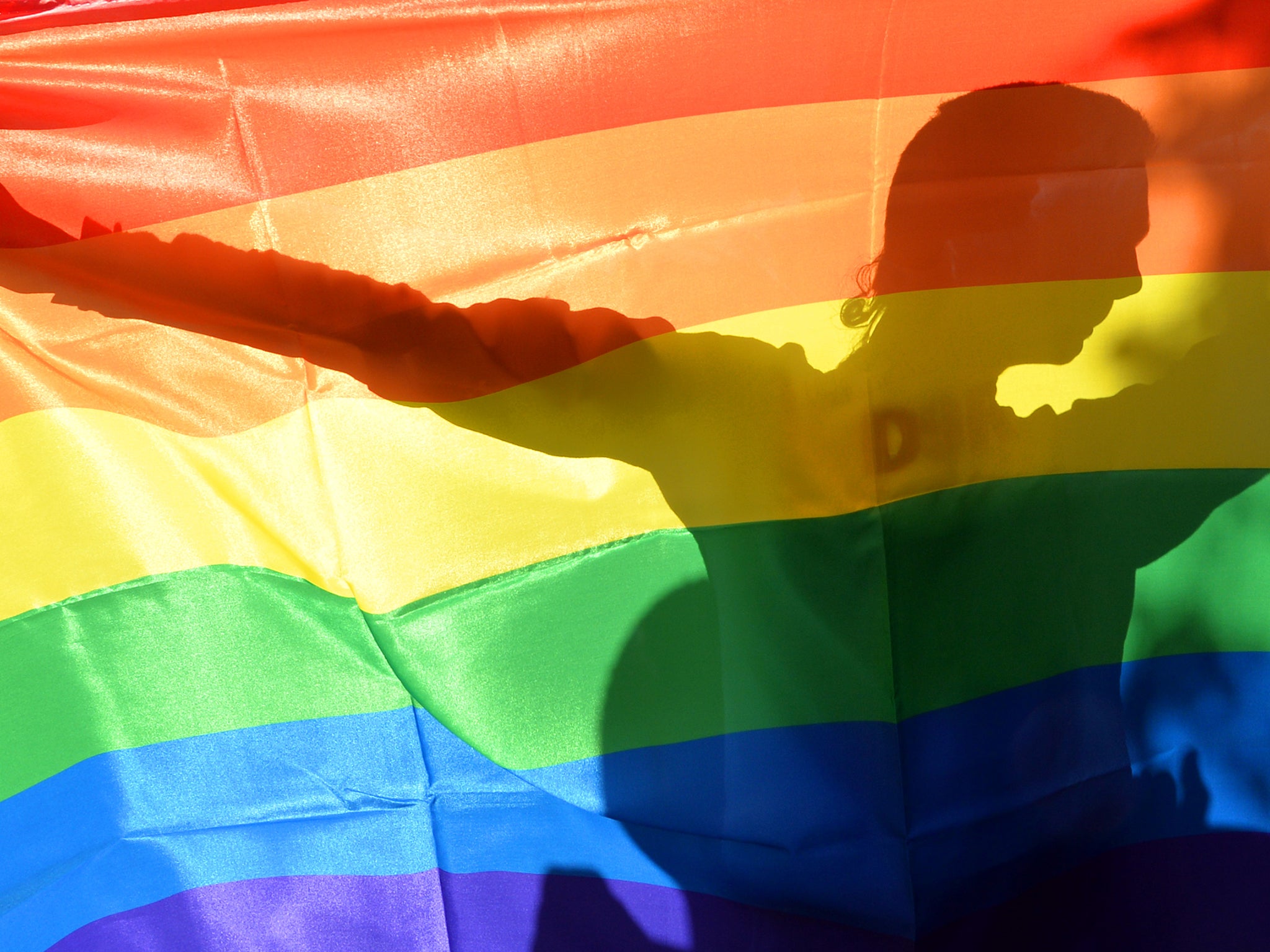The newly discovered 'gay gene' only tells us what we already know
We don't need science to know that humans are the sum of their changing experiences


Hyperbolic headlines abound as news breaks that your saliva might give you away as being gay. Scientists from the University of California, having studied 47 sets of male twins, concluded that nine small regions of the genetic code play an important role in deciding whether someone is heterosexual or homosexual. Of course, not all identical twins share sexualities – some sets are made up of one gay person and one straight one (or even one or two of those pesky bisexuals). What causes that?
The answer, apparently, is changes in your DNA that happen after birth, the “switches” that flick on and off according to experience. So by the time someone is an adult – and probably not before – you can test with 70 per cent accuracy whether they fancy boys or girls, if you can get hold of a pool of their spit. Simple!
The sharp of wit among you may have spotted a few glaring problems with this. First, have you ever tried finding out what kind of person an adult has sex with? No? Well, put down your chemistry kit and your collection of sterilised swabs for just one second, reader, because I have some good news for you: there’s a test out there that guarantees 100 per cent accuracy, for real. It’s called asking them.
Perhaps you’re worried that if you ask, you’ll get an incorrect answer. Of course, the person you ask might be hiding something from you (which is their prerogative). But they also might have changed somewhat from who they once were, realised something about their identity or developed in their preferences as they’ve aged.
As the psychologist Dan Gilbert says in his wildly successful TED talk, middle-aged people rush to divorce the same people young adults rushed to marry, just as 40-year-olds spend good money on removing the tattoos that teenagers once saved up to have inked upon them. And yet we continue to insist that our present selves are stable in their personalities, preferences and principles, even though research shows that all three of those change continually.
Making predictions about who we’ll be in the future is entirely pointless. If you think that’s ridiculous, I don’t blame you; most people do, because humans are notoriously stubborn. But consider what you might dress like if you came to a party with a “what you looked like 10 years ago” costume theme. It can’t just be me who might be too embarrassed even to attend.
If I did, it would be with pink and black hair which I’d meticulously dyed in my dad’s shower after a Placebo concert, mismatching Converse shoes, a System of a Down T-shirt and an eyebrow piercing. I’d then spend most of the evening chasing boys in eyeliner with side fringes who kept telling me they were bad for me.
Or perhaps I’d just turn up as my current self and tell a few lies about how I really haven’t changed that much, all the while trying to block out memories of the time I asked my mum if I could change my name by deed poll to Phoenix.
Our human obsession with putting everything into neat boxes we can tie a bow around isn’t realistic. If it were, then we wouldn’t bother with political activism, social outreach or drug and drink rehabilitation programmes – all of which aim to change the perspectives of people who may never have considered a different point of view, or lived a life without dependence.
I was once the kind of militant vegetarian who snatched burgers out of people’s hands, so sure was I that aggressive intervention would change other’s views. Many years of learning first-hand about the importance of tolerance and open-mindedness changed that. I also once drove my male friends down the motorway as a teenage girl while loudly complaining that slow drivers in front of me must be “woman drivers”, the irony completely lost upon the youthful me.
So how much of a victory for science is the “gay gene” test? It reveals that epigenetic “tags” – those things which change throughout our lives – are linked to sexual orientation. That’s a fancy way of saying that people change, even in their genetic expression. To put it bluntly: science has begun to confirm that the only predictable thing about humans is their unpredictability.
Join our commenting forum
Join thought-provoking conversations, follow other Independent readers and see their replies
Comments
Bookmark popover
Removed from bookmarks